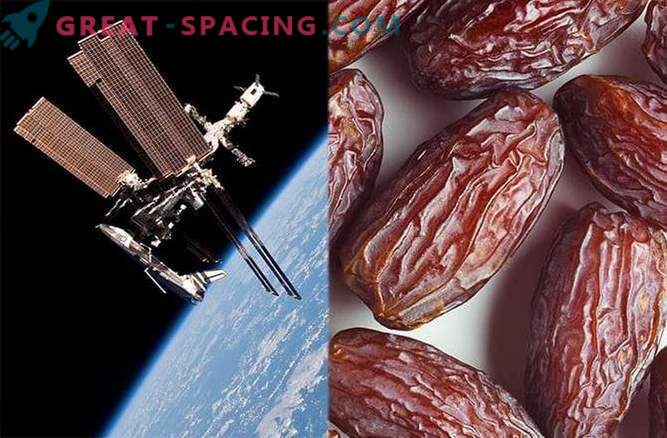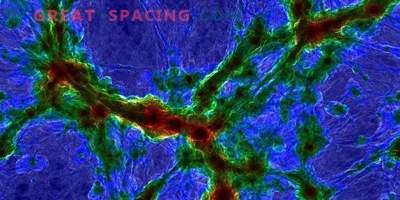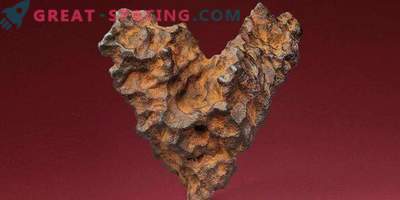
Astronauts, cancer patients and other people exposed to radiation that has damaged the bones, can begin to be treated with prunes. Studies in mice have shown that drinking dried plums prevents bone loss in irradiated animals.
“We believe the research results are likely to be applicable to humans,” said Ruth Globus of the NASA Ames Ames Research Center in Mofet Field, California.
In the first series of tests, which are described in detail in an article published this week in Nature Scientific Reports, mice were fed the equivalent of 25-30 fruits per person per day. In an email for Discovery News, Globe wrote that it was necessary to continue working to find out if lower doses were capable of producing the same effect.
“Other studies in humans show that fewer dried plums, from about five to twelve, are beneficial to the health of the bones of women after menopause, the most osteoporotic group of people,” she said.
Earlier it was reported that other products, including blueberries, help to resist the harmful effects of ionizing radiation, but new research is in the first place, in the search for a connection between the protection of bones and fruits.
“Dry plums include a wide range of vitamins, minerals, antioxidants, polyphenols and other biologically active ingredients. It is possible that prunes have a unique combination of nutrients that help protect the bone from radiation, but there is still a lot of work to be done in this area, ”Globus said. Other mice were fed various antioxidants (a diet that showed some protection against radiation in previous tests), but Globus and colleagues determined that they themselves did not protect against bone loss.
“We suspect that the content of an antioxidant alone does not lead to effective protection by prunes that we observe,” Globus said.
“It is interesting to know whether dried plums protect other tissues other than bone tissue, such as intestinal ones, and also compare their effects with other fruits in order to find the most effective ones,” she added.
In relevant trials, researchers also use mice to test the effectiveness of prunes in protecting against colon cancer.
“Complex molecules work in conjunction with dietary fiber, which is also present in plums,” Nancy Turner, a nutritionist and researcher at the University of Texas A $ M, told Discovery News.
She suspects that this combination contributes to the development of beneficial microorganisms that help protect the colon.
Globus research was conducted with the support of NASA's National Institute for Space Biomedicine Research. The authors are grateful to the California Plum Board for providing dried plums for research.











































